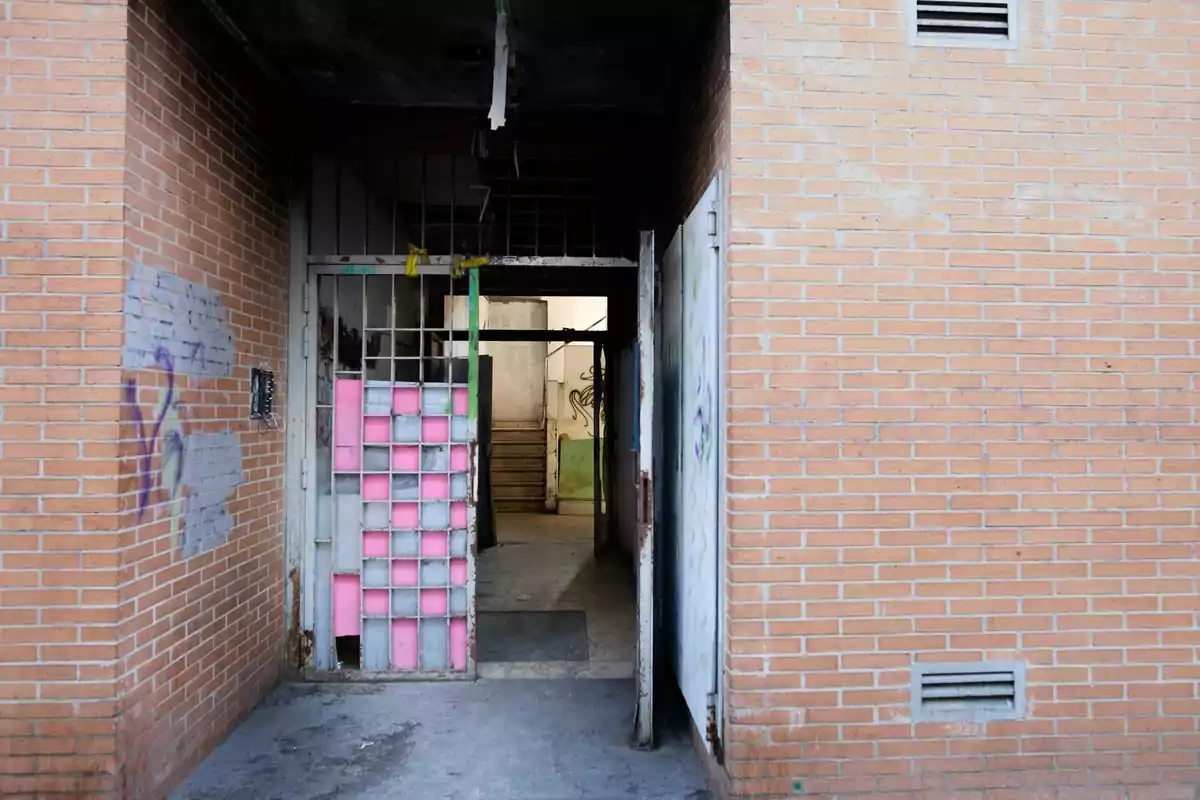
Barcelona residents organize to fight against the wave of squatting
A neighborhood group reports the proliferation of drug flats and the resulting deterioration of the neighborhood
The occupation of homes in Barcelona and Catalonia has become a growing problem. In the Gòtic neighborhood, for example, residents have been forced to organize themselves to confront this phenomenon. Through the "femGòtic" collective, residents have reported the proliferation of illegal occupations, many of which end up becoming drug flats.
The residents' statement describes an unsustainable situation. "There are more and more illegal occupations in the neighborhood and many end up as drug flats. They're destroying coexistence," they state. Despite the police's efforts, in many cases "they can't do anything" due to legal and operational limitations. This sense of powerlessness has led residents to take matters into their own hands. They have committed to keeping watch over the neighborhood, banging pots and pans, and quickly notifying authorities as soon as they detect any irregularity:
The collective highlights that the key to confronting the occupation is unity. "What's important is that we're united and that they know it won't be easy for them in Gòtic." This sense of community resistance is growing in many neighborhoods in Barcelona, where residents have lost patience with the authorities' inaction.

The reality of the occupation
The problem of occupation in Catalonia is far from an isolated case. According to the latest data from the Ministry of the Interior, Catalonia leads the ranking of occupations in Spain, with an alarming 72% of arrests for breaking and entering.
In 2023, 23 occupations per day were reported throughout the region, which reflects an upward trend in recent years. This figure has caused concern, since a large part of those arrested are foreigners. This once again shows a growing proportion of cases linked to illegal immigration.
Faced with this increase in occupations, residents of Barcelona and other Catalan cities are demanding legislative changes that strengthen police powers and protect property owners' rights. Meanwhile, neighborhood collectives continue to take measures to defend their safety and coexistence, in a context of growing distrust in the institutions.
More posts: